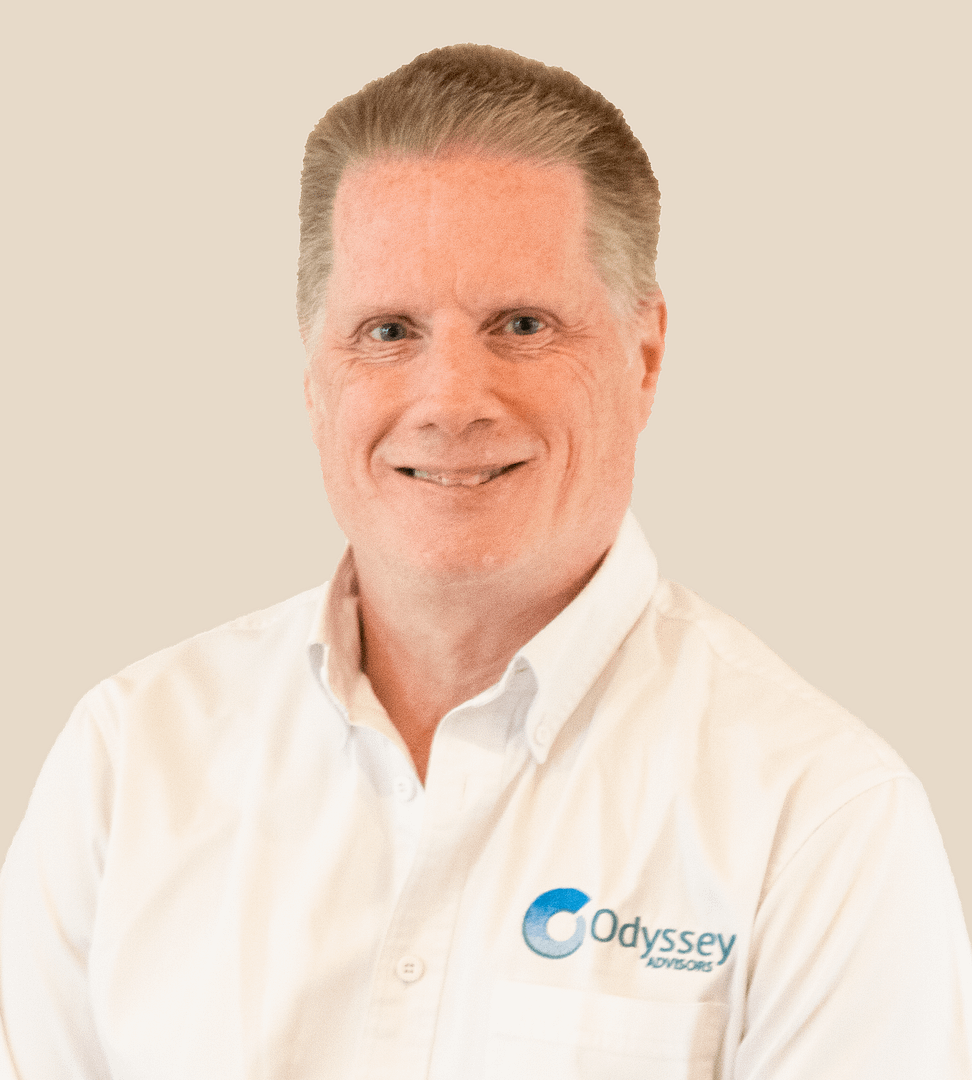The Secret to a Happy Retirement
September 4, 2013|Parker Elmore
Bobby Layne, the Hall of Fame quarterback for the Detroit Lions, once described the perfect plan for generating an income in retirement: “The secret to a happy life,” Layne mused, “is to run out of cash and air at the same time.”
Unfortunately, most Americans can only aspire – or should we say “expire” — to this fate. As life spans continue to increase and the availability of traditional pension plans decrease, many people sincerely worry about running out of money long before they run out of breath.
The U.S. Government Accountability Office (GAO) shares these concerns, too. The GAO has encouraged the use of income products such as annuities in 401(k)s and other defined contribution (DC) retirement plans. In the past few years, there has been a proliferation of new income products imbedded as investment options within 401(k) plans for just this purpose.
The Mathew Greenwald DC Experience Study of Near Retirees (2012) showed that 96 percent of DC plan participants aged 55 to 70 believe it is important to have a base of guaranteed income on top of Social Security.
Odyssey Advisors believes the best solutions allow plan participants to accomplish the overriding goal of generating a guaranteed, pension-like income in retirement that will last as long as they do. In Bobby Layne parlance, they would never take a breath without at least another dollar in their pocket. This concept is particularly important for plan participants who may not have other sources of guaranteed income such as a traditional pension plan.
The most compelling of these newer products have focused on simplicity. As an example, MassMutual offers a product that allows participants to purchase $10 shares of monthly guaranteed income. The cost of each share is based on the age of the annuitant, current interest rates and an assumption that he or she will retire at age 65.
The income is guaranteed to last as long as the retiree and is not tied in any way to the performance of the stock market. Rather, the amount of income will never vary.
The most flexible plans allow purchases of income shares through regular payroll deduction, from exchanges of other investment options or from rollovers of other retirement plan accounts. The actual cost of the shares varies over time based on prevailing interest rates and the participant’s age.
Of course, participants often decide to retire before or after age 65. An income product must be flexible enough to accommodate those decisions, adjusting the payout accordingly.
Many retirees create their retirement plan with a longer-term goal of leaving assets to their spouses, children or others they care about. Any income option incorporated within a retirement plan ought to include a residual benefit that can be paid to heirs to create a lasting family legacy.
Leaving a legacy was important to Bobby Layne as well, and no one ever competed harder or longer. Layne said he, “never lost a game but sometimes … just ran out of time.”
With the right income option within a DC retirement plan, plan sponsors can help ensure the plan’s participants don’t run out of money before they run out of time.
Parker Elmore is president of Odyssey Advisors. Odyssey Advisors provides expert consultation in the design and management of employer-sponsored retirement plans and works with retirement plan providers such as MassMutual, a contributor to this article. Parker Elmore can be reached at 855-401-GAIN or at pelmore@odysseyadvisors.com.
Parker Elmore and Odyssey Advisors are not affiliates of MassMutual.
MassMutual Financial Group is a marketing name for Massachusetts Mutual Life Insurance Company (MassMutual) and its affiliated companies and sales representatives.
This information is written in connection with the promotion or marketing of the matter(s) addressed in this material. This information cannot be used or relied upon for the purpose of avoiding IRS penalties. These materials are not intended to provide tax, accounting or legal advice. As with all matters of a tax or legal nature, you should consult your own tax or legal counsel for advice.
RS-31827-00
Categories: Retirement

About The Author As President and CEO of Odyssey Advisors, Parker Elmore is dedicated to quality service, expertise, and efficiency. With over 25 years of industry experience, Parker and the Odyssey team develop and implement solutions to the complex financial issues faced by...
More Insights From This author

September 6, 2023
Parker Elmore

August 28, 2023
Parker Elmore







